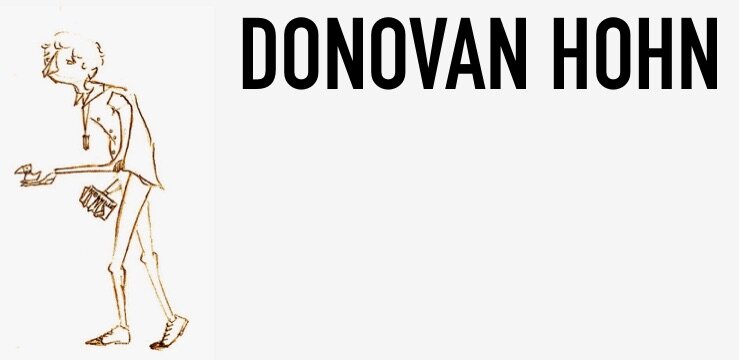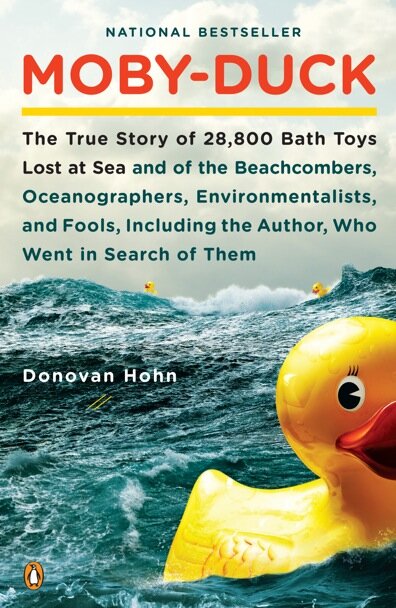A New York Times Notable Book of the Year, Finalist for the PEN / John Kenneth Galbraith Award for Nonfiction
order at bookshop.org
When the writer Donovan Hohn heard of the mysterious loss of thousands of bath toys at sea, he figured he would interview a few oceanographers, talk to a few beachcombers, and read up on Arctic science and geography. But questions can be like ocean currents: wade in too far, and they carry you away. Hohn’s accidental odyssey pulls him into the secretive world of shipping conglomerates, the daring work of Arctic researchers, the lunatic risks of maverick sailors, and the shadowy world of Chinese toy factories. Moby-Duck is a journey into the heart of the sea and an adventure through science, myth, the global economy, and some of the worst weather imaginable.
Prize-winning essays on our changing place in the natural world by the best-selling author of Moby-Duck.
order at bookshop.org
Writing in the grand American tradition of Annie Dillard and Barry Lopez, Donovan Hohn is an “adventurous, inquisitive, and brightly illuminating writer” (New York Times). Since the publication of Moby-Duck a decade ago, Hohn has been widely hailed for his prize-winning essays on the borderlands between the natural and the human. The Inner Coast collects ten of his best, many of them originally published in such magazines as the New York Times Magazine and Harper’s, which feature his physical, historical, and emotional journeys through the American landscape.
By turns meditative and comic, adventurous and metaphysical, Hohn writes about the appeal of old tools, the dance between ecology and engineering, the lost art of ice canoeing, and Americans’ complicated love/hate relationship with Thoreau. The Inner Coast marks the return of one of our finest young writers and a stylish exploration of what Guy Davenport called “the geography of the imagination.”


